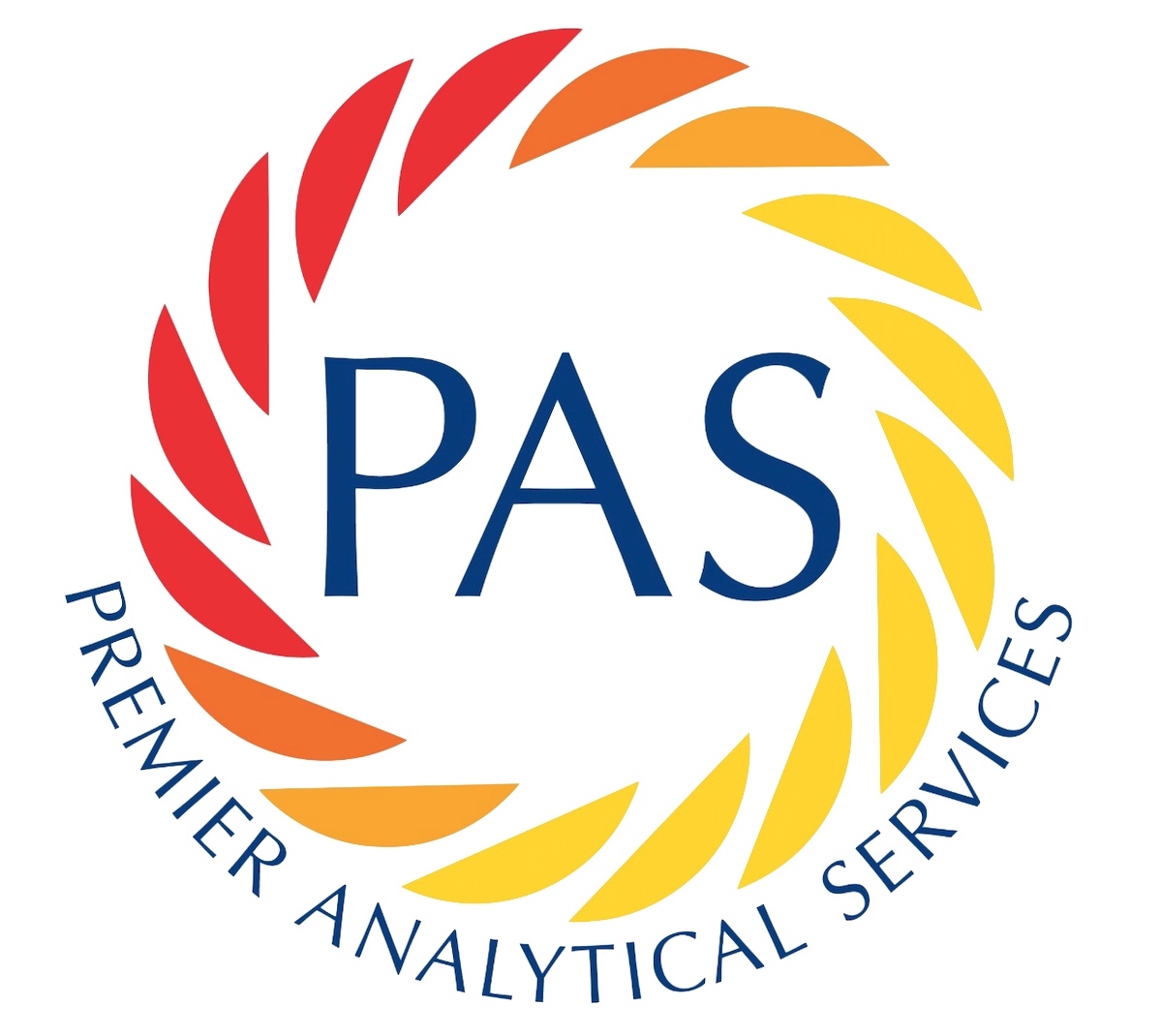Food Authenticity
With over 30 years’ experience in validating the authenticity of foods and raw materials, PAS is at the forefront of specialist analysis, continuously developing unique and highly sophisticated techniques to prove the authenticity of foods and ingredients. With food fraud at its most heightened the pressure is on producers and manufactures to be able to confidently prove the authenticity of foods and ingredients – PAS can offer a range of testing in support of this including the latest innovation in analysis – Next Generation Sequencing.
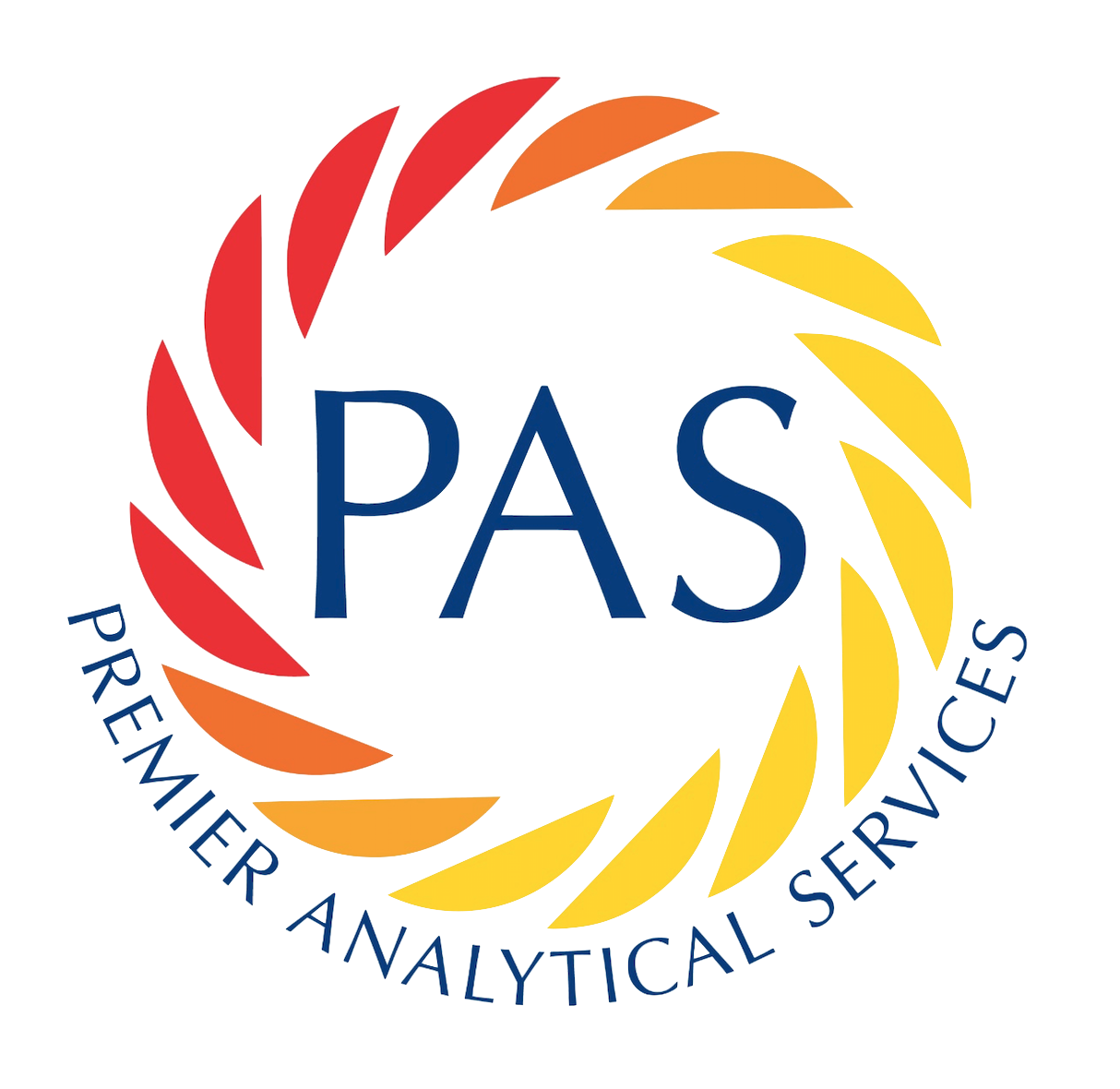
- Our experts are involved in authenticity projects throughout Europe and can advise on emerging and existing authenticity issues
- We are active participants of trade association authenticity working parties, and previously chaired the CCFRA Authenticity Working Party
- We are members of the Government Review body overseeing progress on authenticity projects.
- Premier Analytical Services is recognised Centre of Excellent Laboratory.
Meat Authenticity
Meat Authenticity Verification – By DNA Analysis
Speciation of meats used for adulteration
As a result of our on-going research programme Premier Analytical Services can now offer a range of diagnostic PCR tests to detect the adulteration of meat based ingredients and meat products with undeclared or cheaper meats. DNA is extracted from the sample and subjected to intensive purification prior to ‘real-time’ PCR to detect the major meat species (beef, lamb, pork, chicken, turkey and horse) that may be present. The financial aspect of fraudulent activity is clear, as is the need to maintain reputation and quality by both manufacturer and retailer. Surveillance to detect adventitious or fraudulent contamination in meat products serves to reassure all parties within the food supply chain. This is particularly true of ethnic groups whose religious beliefs forbid the consumption of particular species and who require assurance that they are purchasing food that conforms to their beliefs.
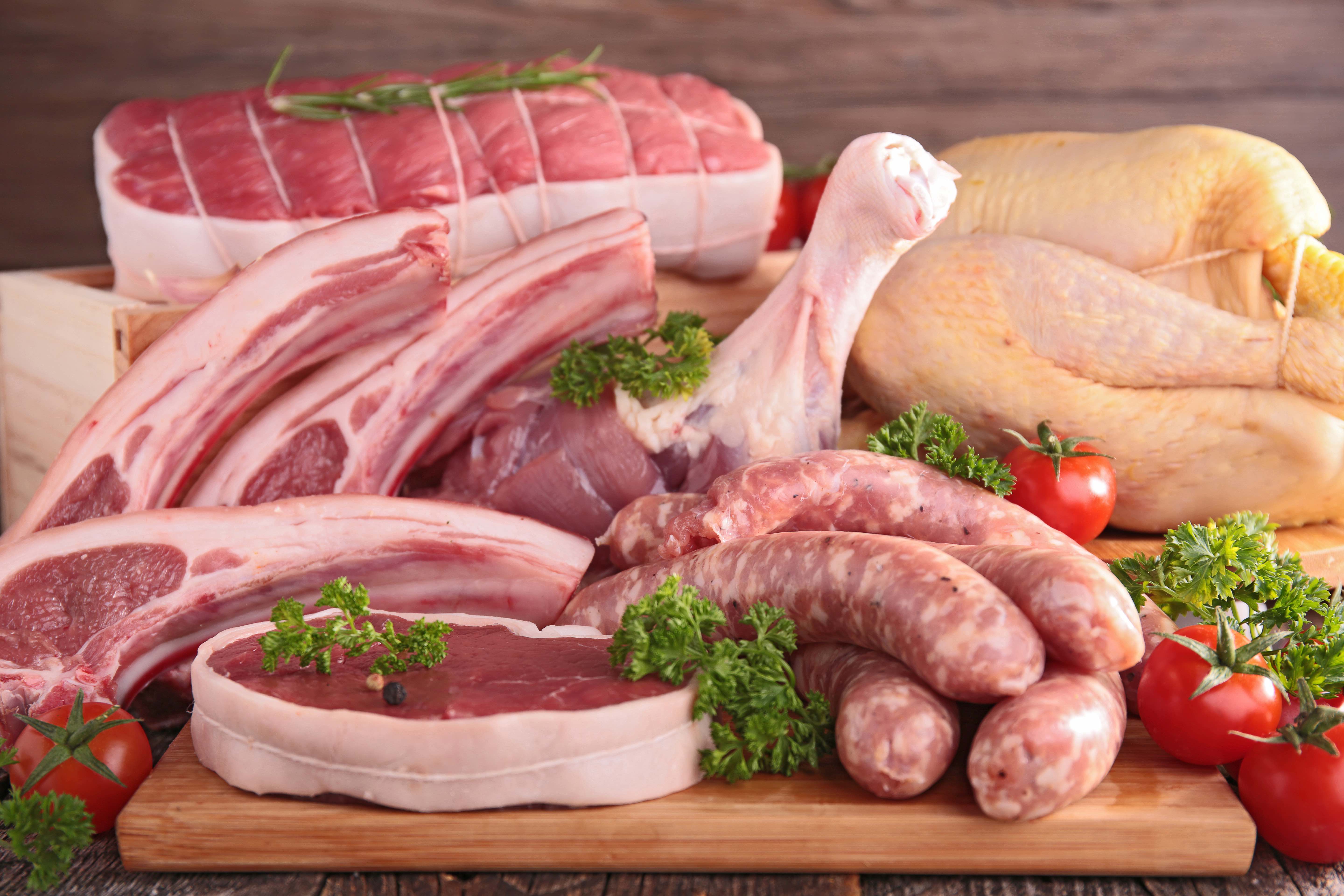
Detection of meat as a vegetarian or vegan food contaminant
As part of the suite of analyses, Premier Analytical Services can also offer a ‘universal’ meat detection assay, also based upon DNA and which is ideally suited to the detection of meat contamination in vegetarian products. Meat is readily detected above the 0.05% level even in the presence of both milk and cheese, ingredients that traditionally render analyses ineffective. Due diligence by manufactures and retailers to detect such adventitious or fraudulent contamination in these products serves to reassure vegetarians and ethnic groups whose religious beliefs forbid consumption of particular species that they are indeed purchasing food of true vegetarian origin.
Meat Authenticity Verification – By Immunological Methods
Adulterants that may be found in meat might include proteins from non-meat sources such a soya protein, whey proteins for example casein or wheat protein like gluten. These can all be detected, as meat adulterants, by Premier Analytical Services using ELISA techniques.
GMO Determination
Genetically Modified Organisms detection and Quantification Services
The presence of Genetically Modified Organisms (GMOs) in foods remains a major issue for consumers. European Union (EU) regulations have been designed to ensure that the consumers’ right to choose what they eat is facilitated by full and frank ingredient disclosure. In order to achieve this all ingredients that contain or consist of GMOs, or contain ingredients produced from GMOs must be labelled as such.
Harmonised EU systems regarding documentation make it easier to trace identity preserved (IP), non-GM, ingredients throughout the supply chain. Legislation also permits a certain amount of adventitious contamination of I.P. ingredients:
- A threshold of 0.9% of the ingredient applies for the accidental presence of approved GM material below which labelling of food or feed is not required.
- However there is no threshold for the presence of GM material that has not been approved for use in the EU.
Routine analysis of IP ingredients and products, for due diligence demonstration of GMO threshold compliance, remains an important part of any HACCP control. Now more than ever before this GMO analysis must feature accurate and reliable quantification.
Premier Analytical Services’s GMO Detection and Quantification Service assures confidence in results you can trust with the first method accredited by UKAS, to the ISO 17025 standard, for the detection and QUANTIFICATION of GM materials in both PROCESSED FOODS AND INGREDIENTS.
Our dedicated team utilise four separate laboratories to avoid sample cross contamination. They employ the real time polymerase chain reaction (PCR) technique using TaqMan chemistry with custom designed primers and probes.
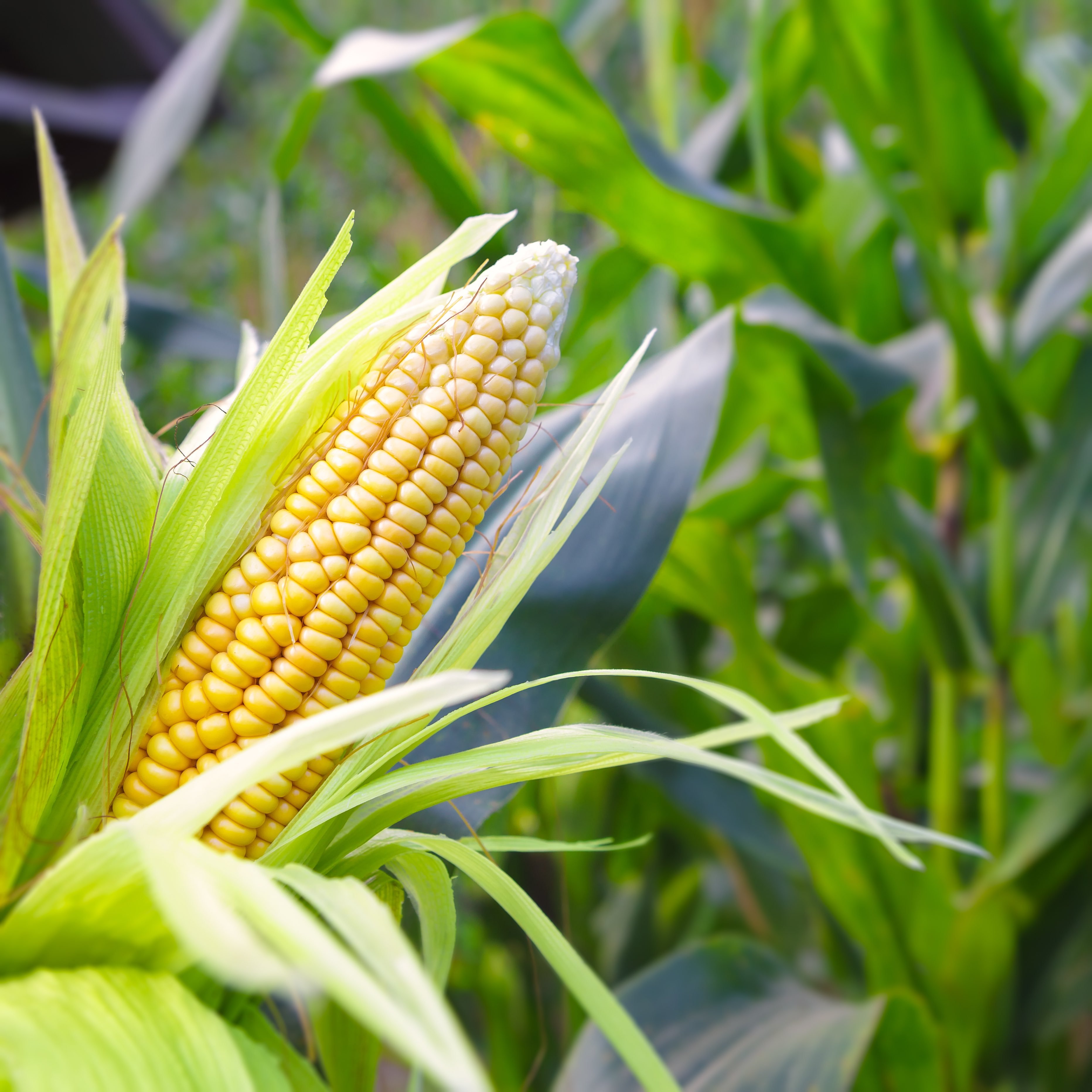
Advice Based on Experience

Advice Based on Experience
Premier Analytical Services was the first UK laboratory to offer a UKAS accredited quantitative GMO testing service in the UK utilising analysis based on real-time PCR. More than 20 years of experience in molecular diagnostic techniques has meant that our scientists have been at the forefront of the detection and quantification of GMOs, providing expert advice to UK and European governments. This advice is readily available to all our customers in terms of recommendations regarding sampling, sampling frequency and testing regimes.
Accuracy and Precision
An extensive DNA extraction process is followed by advanced purification, in order to remove inhibitors of the PCR reaction
Certified Reference Materials are used in each analysis to enable accurate quantification
Appropriate positive and negative controls are used with each analysis
Multiple primers and probes are employed. These have been designed for specific and sensitive detection of a wide range of GMOs
Analysis is carried out in triplicate; we do however offer the ability to run a greater number of replicates if required.
Sensitivity
The limit of detection for both maize and soya in processed and raw materials can be calculated for each sample analysed. These are typically 0.01% for processed foods and 0.001% for raw materials.
Interpretation of Results
Premier Analytical Services’s GMO Detection and Quantification Service can provide a full explanation and interpretation of all results thus enabling you to take the appropriate actions.
Quality Assurance
Exemplary performance in collaborative proficiency testing schemes further endorses the accuracy of our work, which is performed to the ISO 17025 standard as monitored by UKAS.
Three-Phased Approach
The possible combinations of GMOs that could be present in food materials are becoming increasingly complex as more GMOs receive EU approval. Premier Analytical Services has developed a three-phased approach to GMO detection and quantification in order to minimise costs. Details are tabulated below.
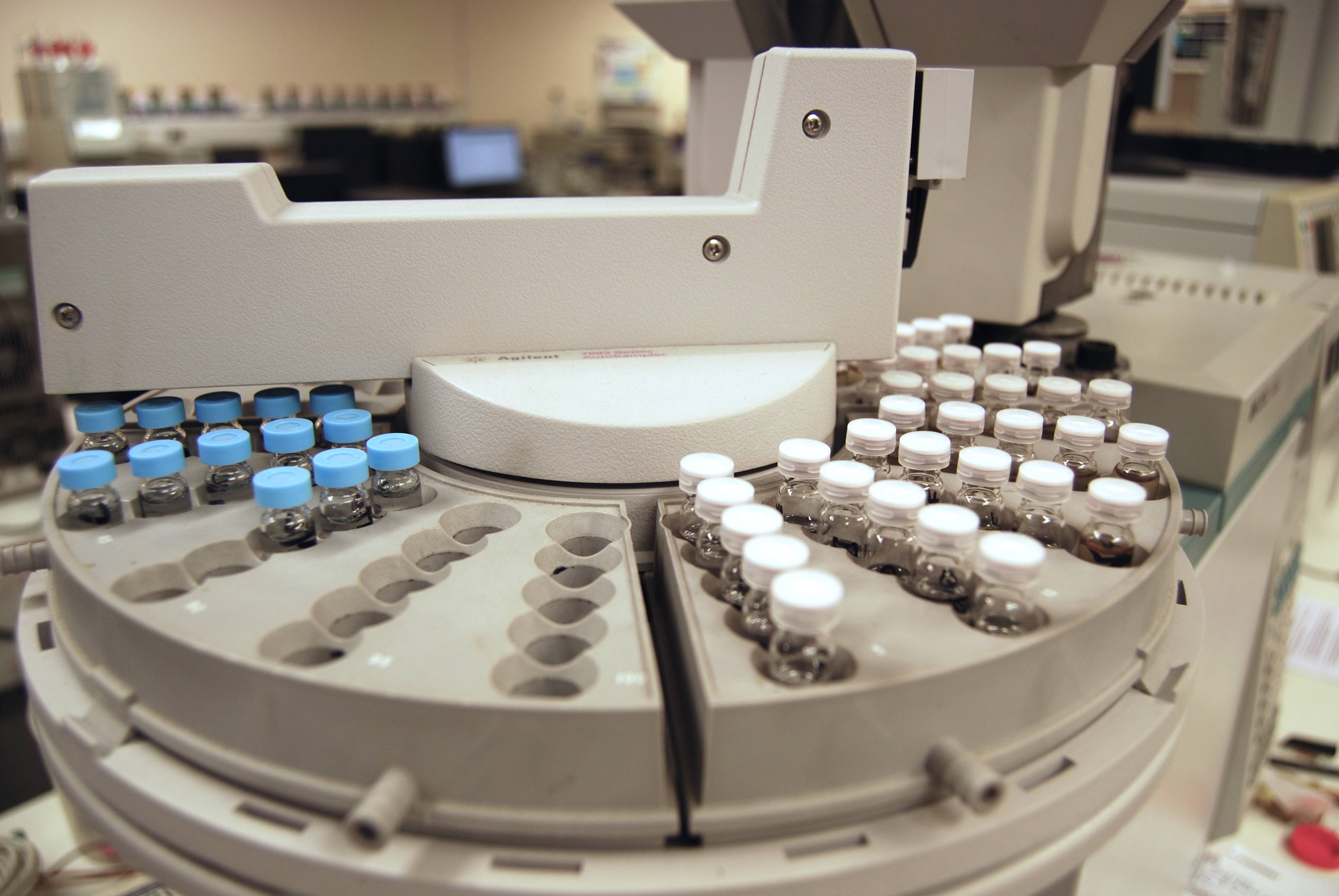
Food Authenticity
With over 30 years’ experience in validating the authenticity of foods and raw materials, PAS is at the forefront of specialist analysis, continuously developing unique and highly sophisticated techniques to prove the authenticity of foods and ingredients. With food fraud at its most heightened the pressure is on producers and manufactures to be able to confidently prove the authenticity of foods and ingredients – PAS can offer a range of testing in support of this including the latest innovation in analysis – Next Generation Sequencing.

- Our experts are involved in authenticity projects throughout Europe and can advise on emerging and existing authenticity issues
- We are active participants of trade association authenticity working parties, and previously chaired the CCFRA Authenticity Working Party
- We are members of the Government Review body overseeing progress on authenticity projects.
- Premier Analytical Services is recognised Centre of Excellent Laboratory.
Meat Authenticity

Meat Authenticity Verification – By DNA Analysis
Speciation of meats used for adulteration
As a result of our on-going research programme Premier Analytical Services can now offer a range of diagnostic PCR tests to detect the adulteration of meat based ingredients and meat products with undeclared or cheaper meats. DNA is extracted from the sample and subjected to intensive purification prior to ‘real-time’ PCR to detect the major meat species (beef, lamb, pork, chicken, turkey and horse) that may be present. The financial aspect of fraudulent activity is clear, as is the need to maintain reputation and quality by both manufacturer and retailer. Surveillance to detect adventitious or fraudulent contamination in meat products serves to reassure all parties within the food supply chain. This is particularly true of ethnic groups whose religious beliefs forbid the consumption of particular species and who require assurance that they are purchasing food that conforms to their beliefs.
Detection of meat as a vegetarian or vegan food contaminant
As part of the suite of analyses, Premier Analytical Services can also offer a ‘universal’ meat detection assay, also based upon DNA and which is ideally suited to the detection of meat contamination in vegetarian products. Meat is readily detected above the 0.05% level even in the presence of both milk and cheese, ingredients that traditionally render analyses ineffective. Due diligence by manufactures and retailers to detect such adventitious or fraudulent contamination in these products serves to reassure vegetarians and ethnic groups whose religious beliefs forbid consumption of particular species that they are indeed purchasing food of true vegetarian origin.
Meat Authenticity Verification – By Immunological Methods
Adulterants that may be found in meat might include proteins from non-meat sources such a soya protein, whey proteins for example casein or wheat protein like gluten. These can all be detected, as meat adulterants, by Premier Analytical Services using ELISA techniques.
GMO Determination

Genetically Modified Organisms detection and Quantification Services
The presence of Genetically Modified Organisms (GMOs) in foods remains a major issue for consumers. European Union (EU) regulations have been designed to ensure that the consumers’ right to choose what they eat is facilitated by full and frank ingredient disclosure. In order to achieve this all ingredients that contain or consist of GMOs, or contain ingredients produced from GMOs must be labelled as such.
Harmonised EU systems regarding documentation make it easier to trace identity preserved (IP), non-GM, ingredients throughout the supply chain. Legislation also permits a certain amount of adventitious contamination of I.P. ingredients:
- A threshold of 0.9% of the ingredient applies for the accidental presence of approved GM material below which labelling of food or feed is not required.
- However there is no threshold for the presence of GM material that has not been approved for use in the EU.
Routine analysis of IP ingredients and products, for due diligence demonstration of GMO threshold compliance, remains an important part of any HACCP control. Now more than ever before this GMO analysis must feature accurate and reliable quantification.
Premier Analytical Services’s GMO Detection and Quantification Service assures confidence in results you can trust with the first method accredited by UKAS, to the ISO 17025 standard, for the detection and QUANTIFICATION of GM materials in both PROCESSED FOODS AND INGREDIENTS.
Our dedicated team utilise four separate laboratories to avoid sample cross contamination. They employ the real time polymerase chain reaction (PCR) technique using TaqMan chemistry with custom designed primers and probes.
Advice Based on Experience

Advice Based on Experience
Premier Analytical Services was the first UK laboratory to offer a UKAS accredited quantitative GMO testing service in the UK utilising analysis based on real-time PCR. More than 20 years of experience in molecular diagnostic techniques has meant that our scientists have been at the forefront of the detection and quantification of GMOs, providing expert advice to UK and European governments. This advice is readily available to all our customers in terms of recommendations regarding sampling, sampling frequency and testing regimes.
Accuracy and Precision
An extensive DNA extraction process is followed by advanced purification, in order to remove inhibitors of the PCR reaction
Certified Reference Materials are used in each analysis to enable accurate quantification
Appropriate positive and negative controls are used with each analysis
Multiple primers and probes are employed. These have been designed for specific and sensitive detection of a wide range of GMOs
Analysis is carried out in triplicate; we do however offer the ability to run a greater number of replicates if required.

Sensitivity
The limit of detection for both maize and soya in processed and raw materials can be calculated for each sample analysed. These are typically 0.01% for processed foods and 0.001% for raw materials.
Interpretation of Results
Premier Analytical Services’s GMO Detection and Quantification Service can provide a full explanation and interpretation of all results thus enabling you to take the appropriate actions.
Quality Assurance
Exemplary performance in collaborative proficiency testing schemes further endorses the accuracy of our work, which is performed to the ISO 17025 standard as monitored by UKAS.
Three-Phased Approach
The possible combinations of GMOs that could be present in food materials are becoming increasingly complex as more GMOs receive EU approval. Premier Analytical Services has developed a three-phased approach to GMO detection and quantification in order to minimise costs. Details are tabulated below.
